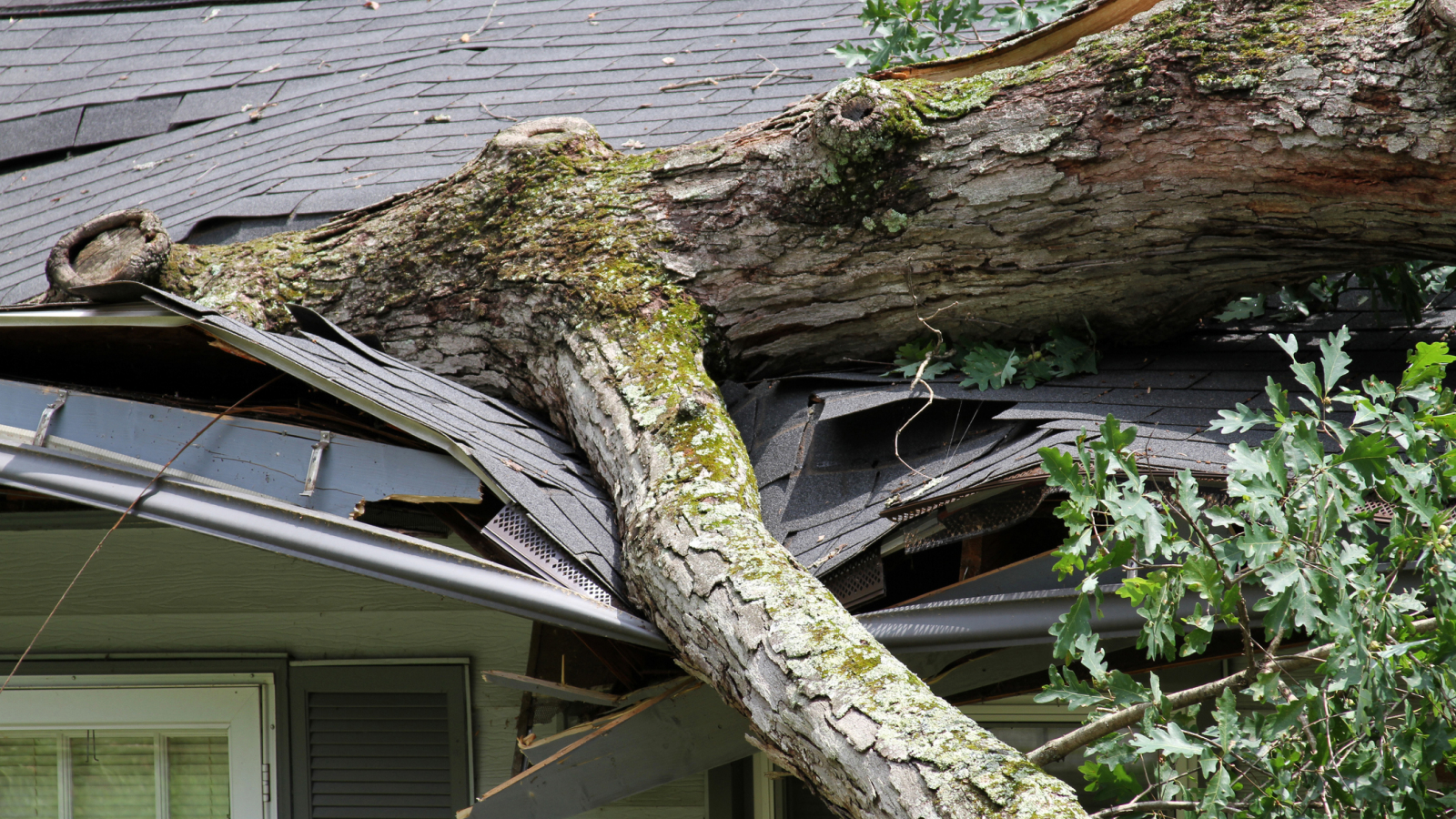Who Is Responsible For a Falling Tree

Trees are contributions to our lives in many ways. They give off fresh air, bear fruit, reduce noise pollution, and even give us shade from the sun. They take care of us when we take care of them. However, what if a tree falls onto your property? What if it causes damage? Who is responsible for the damage? The answer all depends on the scenario. Various circumstances would determine who is responsible for the damage. Why did the tree fall? It probably fell due to one of three reasons: natural causes, negligence or an accident. Read more to learn who is responsible if a tree falls and causes property damage.
Natural causes
Weather conditions, like strong winds and hurricanes, can uproot a tree from the ground, and there is no way of knowing where it will land. In that situation, it most likely would be nobody’s fault. However, in the world of insurance, the owner of the damaged property would most likely be responsible, regardless of whose property the tree is located on. A falling tree due to acts of nature is the most common scenario, but what if it was not due to natural causes?
Negligence
Another reason a tree may fall is because the tree may be dead, unhealthy, or neglected. If there is proof that the tree was neglected or the owner knew that the tree was unhealthy or dead, you may be able to pursue the owner. Although, it may be hard to prove that the owner is aware of the dead tree.
If you notice a tree that is neglected in any way, you may want to speak with the owner about it, as they may not even realize it. Follow up with a certified letter to them notifying them of the potential hazard. Documentation and photos of the tree should be recorded in case the tree does fall and damage your property in the future.
Accidents
Other times, humans are the reason for falling trees. For example, your neighbor may decide to cut down his tree on his own and the tree happens to fall on your property. In this incident, your neighbor would likely be the person to blame. He probably should have hired a professional to get the job done for him. To avoid the sticky situation of a falling tree, be sure to inspect any trees on or near your property and notify others who may be able to prevent such an incident.
What are signs of a bad tree?
Look out for signs like visible leaning, weak branches, visible decay, fungus growing near the roots and root damage.
How to prevent trees from falling:
-
Regularly inspect the trees on your property.
-
Trim branches that are at risk of falling.
-
Ensure that trees are not too close to buildings or power lines.
-
Remove trees that are dead or dying.
If you are ever unsure of the signs, seek professional advice from a tree specialist.
Will insurance cover it?
Alfa’s home and property insurance gives you financial protection from a covered loss for damages to:
-
Dwelling
-
Other Structures
-
Personal Property
If your policy carries Personal Liability coverage, it would likely provide financial protection if someone alleges that you are responsible for damages caused by a fallen tree.
Regardless of whose fault it would be, filing a claim would be ideal. Insurance companies may investigate the cause of the falling tree to cover the cost of repairs and to determine if the owner was negligent in their duty of care. It’s important to know that if the fallen tree causes injury or death to a person, the legal responsibility for the damages can be much more significant. The owner may be held liable for medical expenses, lost wages, and other damages related to the injury or death.